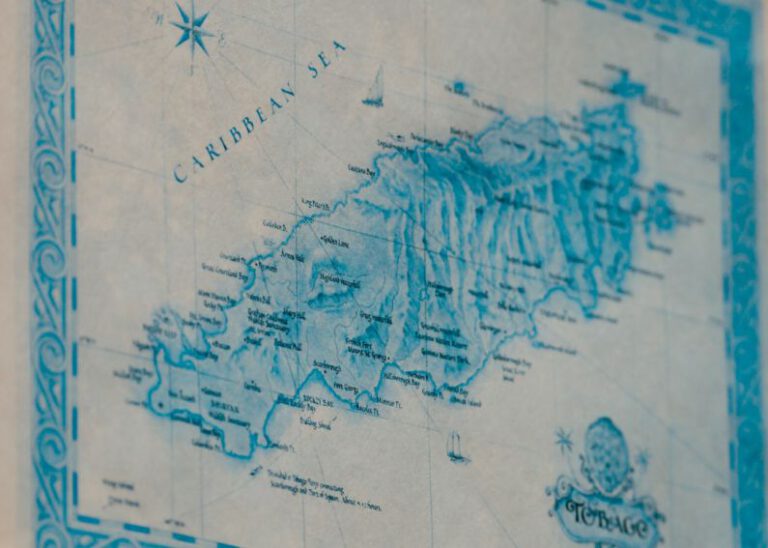Do Uncharted Islands Have Unique Ecosystems?
Exploring the Unknown: Do Uncharted Islands Have Unique Ecosystems?
When we think of uncharted islands, images of pristine beaches, lush forests, and exotic wildlife often come to mind. The allure of these remote and mysterious landmasses has captured the imagination of explorers and scientists for centuries. But what lies beyond the shores of these uncharted islands? Do they harbor unique ecosystems that have remained untouched by human interference? In this article, we will delve into the fascinating world of uncharted islands and explore the possibility of these isolated havens hosting distinctive and diverse ecosystems.
The Mystique of Uncharted Islands
Uncharted islands, by their very definition, are territories that have not been fully explored or documented. These secluded pockets of land are often located far from mainland civilizations, making them difficult to access and study. The allure of uncharted islands lies in their potential to harbor secrets of biodiversity and ecological significance.
Islands, in general, are known for their distinct ecosystems due to their isolation and unique environmental conditions. Uncharted islands, untouched by human activity, have the potential to house even more unique and pristine ecosystems. The lack of human intervention can allow for the flourishing of endemic species that are found nowhere else on Earth.
The Role of Isolation in Shaping Ecosystems
Isolation plays a crucial role in shaping the ecosystems of islands, both charted and uncharted. The limited gene flow and colonization opportunities on islands lead to the evolution of species in isolation, resulting in the development of unique adaptations and biodiversity. Uncharted islands, with their untouched landscapes and absence of invasive species, may provide ideal conditions for the evolution of endemic flora and fauna.
Islands are also vulnerable to disturbances and external influences due to their limited size and resources. Uncharted islands, free from human activities such as deforestation, pollution, and habitat destruction, may serve as refuges for species facing threats on the mainland. The pristine environments of uncharted islands could potentially act as sanctuaries for endangered species, allowing them to thrive and persist in the face of global threats.
Exploring the Unknown: Discoveries and Challenges
Exploring uncharted islands presents a unique set of challenges and opportunities for scientists and conservationists. The remote locations and rugged terrains of these islands make them difficult to access, requiring specialized equipment and expertise for exploration. However, the rewards of uncovering new species, documenting unique ecosystems, and understanding the interconnectedness of life on these islands can be invaluable for conservation efforts.
The discovery of new species on uncharted islands can provide insights into the process of evolution and the diversity of life on Earth. Endemic species found on these islands may hold valuable genetic information that could aid in conservation efforts and ecosystem restoration. Documenting the flora and fauna of uncharted islands is essential for understanding the full extent of biodiversity on our planet and implementing effective conservation strategies.
Preserving the Pristine: Conservation of Uncharted Islands
As human activities continue to impact natural ecosystems around the world, the conservation of uncharted islands becomes increasingly important. These isolated havens of biodiversity are vulnerable to external threats such as climate change, invasive species, and illegal exploitation. Protecting uncharted islands requires international cooperation, scientific research, and sustainable management practices to ensure the preservation of their unique ecosystems for future generations.
In conclusion, uncharted islands hold the potential to harbor unique and diverse ecosystems that have remained untouched by human interference. The isolation of these islands, coupled with their pristine environments, creates opportunities for the evolution of endemic species and the conservation of biodiversity. Exploring the unknown territories of uncharted islands can lead to valuable discoveries, insights, and conservation efforts that contribute to our understanding of the natural world and the importance of protecting these remote and enigmatic landscapes.






